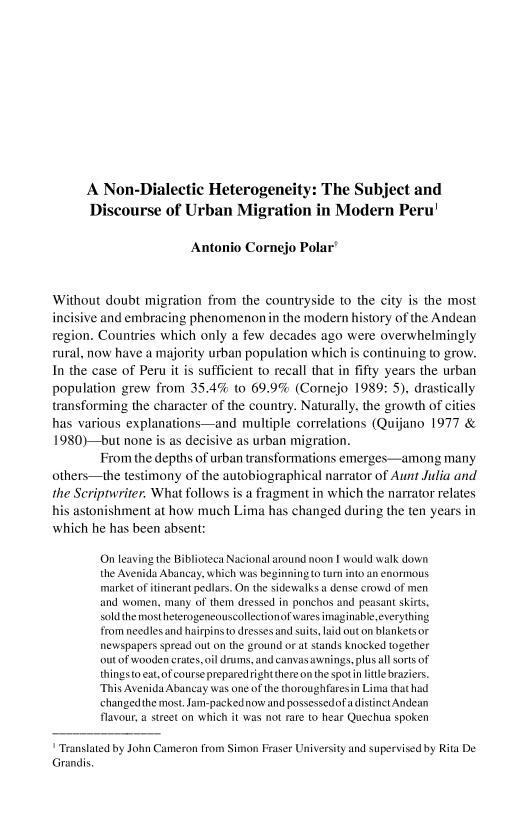
adjective Also dialectical.
- of, relating to, or of the nature of logical argumentation.
- dialectal.
noun
- the art or practice of logical discussion as employed in investigating the truth of a theory or opinion.
- logical argumentation.
- Often dialectics.
- logic or any of its branches.
- any formal system of reasoning or thought.
- Hegelian dialectic.
- dialectics, (often used with a singular verb) the arguments or bases of dialectical materialism, including the elevation of matter over mind and a constantly changing reality with a material basis.
- (in Kantian epistemology) a fallacious metaphysical system arising from the attribution of objective reality to the perceptions by the mind of external objects.Compare transcendental dialectic.
- the juxtaposition or interaction of conflicting ideas, forces, etc.
noun
- disputation or debate, esp intended to resolve differences between two views rather than to establish one of them as true
- philosophy
- the conversational Socratic method of argument
- (in Plato) the highest study, that of the Forms
- (in the writings of Kant) the exposure of the contradictions implicit in applying empirical concepts beyond the limits of experience
- philosophy the process of reconciliation of contradiction either of beliefs or in historical processesSee also Hegelian dialectic, dialectical materialism
adjective
- of or relating to logical disputation
n.1580s, earlier dialatik (late 14c.), from Old French dialectique (12c.), from Latin dialectica, from Greek dialektike (techne) “(art of) philosophical discussion or discourse,” fem. of dialektikos “of conversation, discourse,” from dialektos “discourse, conversation” (see dialect). Originally synonymous with logic; in modern philosophy refined by Kant, then by Hegel, who made it mean “process of resolving or merging contradictions in character.” Related: Dialectics.
 Liberal Dictionary English Dictionary
Liberal Dictionary English Dictionary